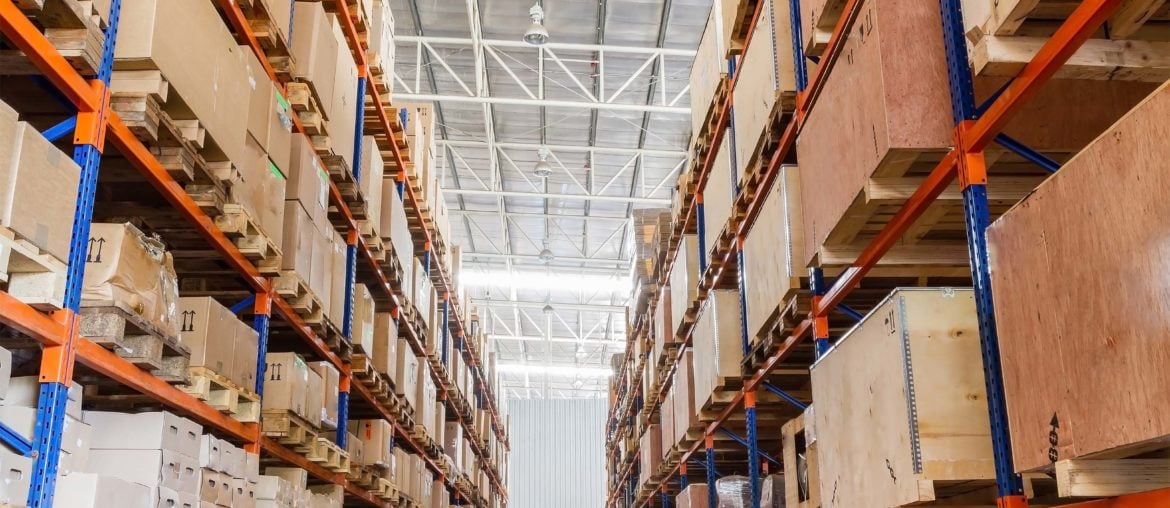On January 26, 2022, the US Departments of State, Treasury, Commerce, Labor, Homeland Security and the Office of the US Trade Representative (“USTR”) issued a joint advisory (the “Advisory”) that highlights certain supply chain-related risks for companies whose business and supply chains may touch Burma/Myanmar. This is a continuation of a recent trend in which the US Government has issued advisories highlighting compliance and related risks in certain countries and regions, often emphasizing supply chain risks. For example, see our prior blog posts discussing supply chain risks addressed in US Government advisories focused on Cambodia here and Xinjiang here.
As brief background, the Advisory cautions businesses, financial institutions, investors, consultants, research service providers, etc. of the heightened risks associated with doing business involving Burma/Myanmar, especially wherever the Myanmar military is involved. The Advisory highlights that businesses and individuals should be wary of the financial, reputational, and legal risks associated with conducting business and utilizing supply chains under military control in Myanmar. An outline of various risks of operating in Myanmar and recommended mitigation tactics outlined in the Advisory can be found in this post by Baker McKenzie’s Sanctions & Export Controls Update blog. In this blog post, we intend to highlight some of the supply chain-specific risks addressed in the Advisory.
Focusing on supply chain risks, the US government recommends businesses undertake enhanced due diligence to better understand their supply chains and to ensure they are not sourcing from or brokering through military-owned or operated entities. The Advisory emphasizes this recommendation for gem, pearl, and precious metal importers given the insufficient reporting requirements in Myanmar for cross-border transfers of goods and funds. Heightened diligence is still recommended even for supply chains that may seem to be completely outside of Myanmar. A supply chain that may not appear to touch Myanmar may still involve links in which the military is the ultimate beneficiary. The Advisory highlights two tools maintained by the Department of Labor to be used for due diligence purposes. The first is Comply Chain, the Department of Labor’s mobile app and web-based platform that provides information on due diligence measures specific to forced labor and child labor in supply chains. The second is the Better Trade Tool, a web-based platform that links trade data to available information on labor exploitation around the world. It offers users an additional level of detail that has been a missing piece in the global supply chain puzzle. Companies with supply chains that may involve Myanmar should familiarize themselves with the Advisory and these tools in order to identify, assess, and address these risks.



